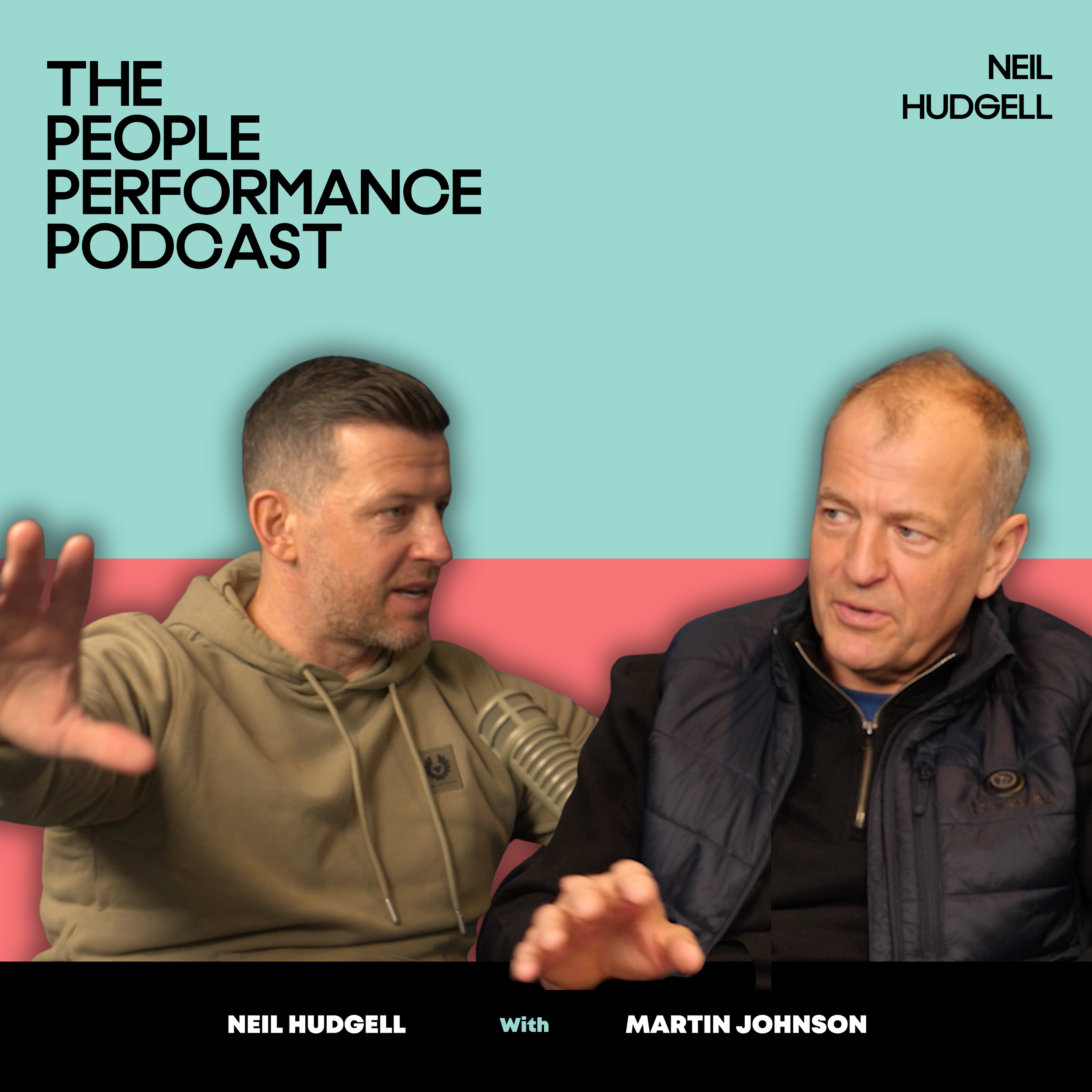Trust-Based Leadership: The Hidden Equation Behind Great Teams
A few years ago, a senior leader we were working with shared a story that stuck with us.
He told us about a team member who used to come to him with every small decision, hesitant, second-guessing themselves. He assumed it was a confidence issue until one day she said quietly, “It’s not that I don’t trust myself. I just don’t always trust that you’ll have my back.”
That was the moment he realised: trust isn’t built by title or talent, it’s built moment by moment, through credibility, reliability and connection.
And when one of those is missing, everything else starts to wobble.
The Real Foundation of Leadership
Every great relationship, personal or professional, rests on trust. Without it, communication feels forced, collaboration slows down, and performance quietly slips away.
Research shows that when employees trust their leaders, productivity rises, innovation flows more freely, and teams deliver better results. But what makes someone trustworthy at work?
At T2, we’ve spent years exploring this question through our work with leaders across industries, from high-performing teams in global businesses to early-career graduates just starting. What we’ve learned is that trust isn’t abstract. It can be built and measured, using what we call The Trust-Based Leadership Equation.
The Trust-Based Leadership Equation
True trust is made up of three simple, but powerful, ingredients:
Credibility:
“I believe you’re great at what you do, and I respect your expertise.”Reliability:
“You do what you say you’ll do, every single time.”Rapport:
“I feel comfortable around you. I can speak up, and I know you’ll listen.”
When all three are present, trust flourishes. When one is missing, cracks begin to show.
Think about a leader who’s incredibly friendly but struggles to make good decisions. They’ve got rapport, maybe even reliability, but not credibility.
People might like them, but they won’t follow them when it really counts.
Or the leader who’s technically brilliant but inconsistent, cancelling meetings, missing deadlines, failing to follow through. Reliability is missing, and with it, trust evaporates.
Then there’s the leader who’s respected but distant. Reliable, credible… but not human. Without rapport, trust becomes purely transactional, “I trust you to do your job,” rather than “I trust you as a person.”
Each absence changes the relationship and the results.
The Fourth Ingredient: Motivation
There’s one more piece that elevates trust from good to exceptional: what drives your decisions.
We’ve identified three mindsets that shape a leader’s motivation:
I Win: Decisions that serve only the leader.
You Win: Decisions that prioritise others but sacrifice the leader.
We Win: The mindset that balances both, driving mutual success.
The best leaders lead from a We Win place. They understand that success is shared, not owned. That trust isn’t built through self-sacrifice or self-interest, but through collective purpose.
A leader who combines credibility, reliability, rapport, and a We Win mindset doesn’t just have their team’s respect; they have their loyalty.
That’s when trust becomes contagious. It spreads across teams, drives performance, and creates environments where people don’t just work for you, they work with you.
As one of our clients said recently, after transforming their leadership culture:
“It’s amazing what happens when people stop wondering if you’ll do what you say, and start believing you already will.”
Trust isn’t fragile. It’s structural.
Credible, reliable, and connected leaders foster teams that perform better. When motivated by 'We Win', they unlock the highest level of trust.
Because ultimately, leadership isn’t about authority; it’s about belief. And belief is founded on trust.













